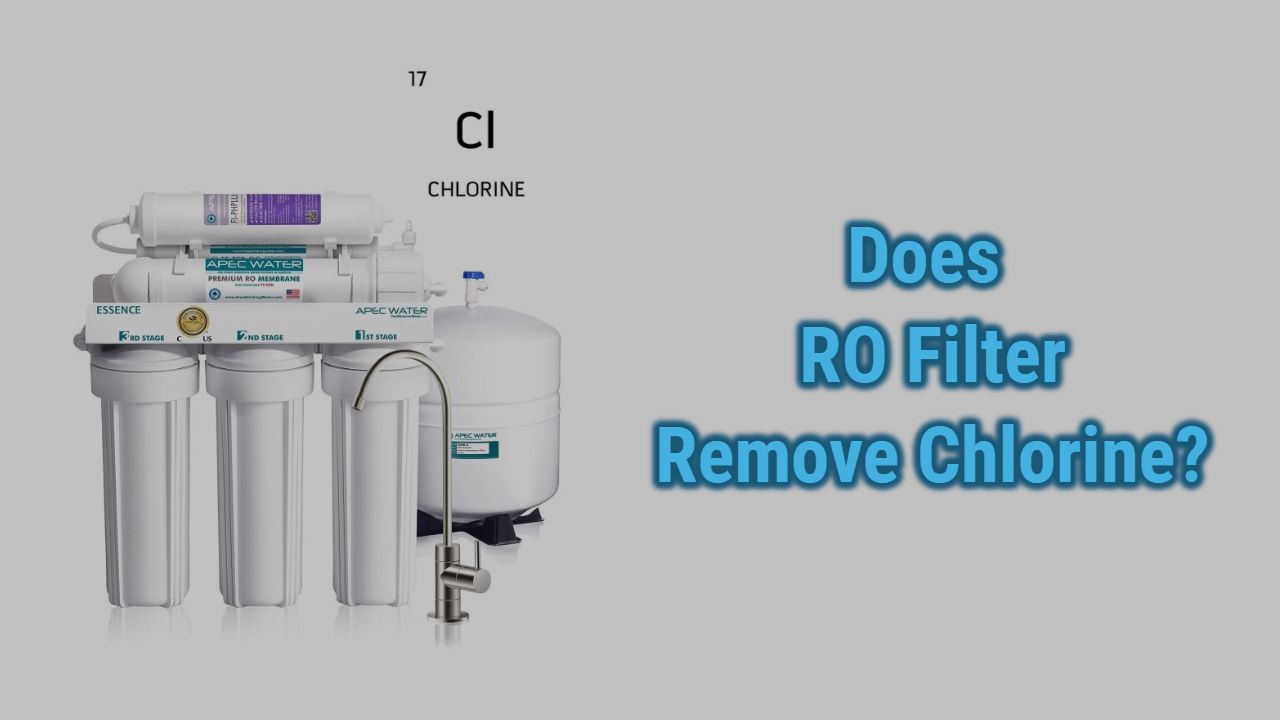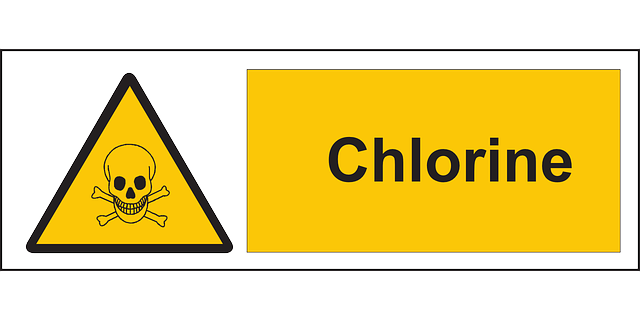It is very common to find a filter system or a purification system installed in households. The water which all of us receive through various sources is never clean and requires some kind of filtration. To tackle this problem of dirty and harmful water, we either use a filter or a technique to remove those contaminants. One of the most widely and commonly used filters around the world is Reverse Osmosis (RO). (hereafter referred to as RO)
But, very few of us know what exactly a RO system does to our water. What all contaminants it removes and what elements it does not. RO has its own particular way of filtering out contaminants and other harmful elements. It is also known that RO does not remove all the chemicals and substances from our water.
In this article, we will stick to talking about the RO system. With more focus on does RO remove chlorine from water? We will also see if RO is effective in removing chlorine and other chemicals or not. At the end of the article, one should know what chemical is removed and what chemicals aren’t removed by RO systems. Let’s start understanding this topic.
Table of Contents
Ways to Remove Chlorine from Water
There are two ways to remove chlorine from tap water.
- Reverse Osmosis (RO) method
- Distillation Method
Does RO Remove Chlorine?
The answer is Yes! There are, however, two ways to remove chlorine from water. One is RO and the other Distillation process. Since RO is passed through many filtration processes, it is obvious that its filtration process will remove most of the harmful substances from water.
The RO system has a carbon filter installed, and primarily the carbon filter is responsible for removing chlorine from the water. It is said that a good RO can remove up to 99.9% of chlorine.
Chlorine water is a major issue in households because the government-supplied or municipally supplied water is mixed with chlorine. In addition to the carbon filter, the semi-permeable RO membrane blocks the chlorine content from entering at the pre-filtration stage only.
Chlorine molecules are larger than the membrane; thus, they get blocked by the RO membrane. This removed chlorine is washed out by the wastewater outlet pipe.
In the Distillation method, water is boiled, and the boiled water vapor is collected in another flask or tank; then the vapor condenses, leaving fresh & clean water. This process requires a lot of time, money and a lot of water is also wasted. So people mostly prefer using RO to remove chlorine.
Harmful Elements Not Fully Removed By Ro
- Herbicides
- Hydrogen sulfate
- Agricultural fungicide
- Pesticides
- And some other harmful substances
Please note that many of the substances aren’t fully removed by RO; hence it is included in this list.
Harmful Elements Removed By Ro
- Lead
- Carob and sediments in water
- Chlorine
- Bacteria, viruses
- Volatile organic compounds (VOC)
- Fluoride and other impurities
Advantages Of Having An Ro Installed
- Efficient performance
- Gives desired water results
- Economical, cost-efficient
- Gives crisp and good taste to water
- Improves the Total Dissolved Solids (TDS) of water
What Is Chloramine?

Chloramine is chlorine plus ammonia. Chloramine is used in water by the municipality and supplied to the household. Chloramine is used as a disinfectant in water by many local governments or municipalities.
The main reason for using chloramine is that it is dissolved in water for a long time and disinfects for a longer time.
The downside of chloramine is that it is hard to remove from water. And RO also cannot fully remove chloramine but however, do remember it can 99.9% remove chlorine content from the water.
Conclusion

We have briefly discussed everything you need to know about chlorine removal in RO. Yes, RO can remove chlorine. About 99.9% of chlorine is removed by the reverse osmosis filter system. Chlorine is mainly used as a disinfectant in water; using chlorine water for other purposes is fine.
In some limited quantities, chlorine water can be used for drinking. Chlorine is mainly found in the municipal water supply to households. However, we can also get chlorine removed by two methods. One is RO, and the other is the Distillation method.
It is well clear from the above system that chlorine is removed by RO. So having said this, RO is the best available option for the household filter in the market. It’s economical, efficient, and effective.
Related Article:
Reverse Osmosis System Vs Water Softener

